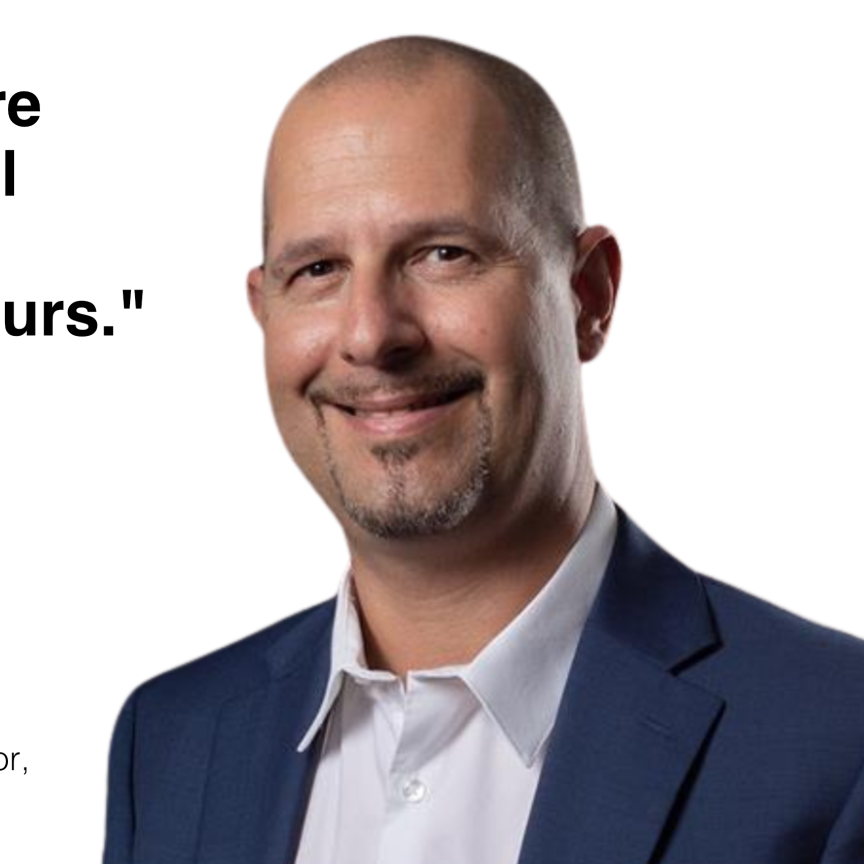Lakesight Technologies has been acquired by the TKH Group, the Netherland’s-based company that owns Allied Vision, NET, and LMI Technologies.
Lakesight, with headquarters in Germany, is a vision conglomerate formed of Chromasens, Mikrotron, and Tattile. It serves the industrial and mobility markets, offering machine vision solutions for inspection, measurement and process control.
TKH will purchase 100 per cent of the shares of Lakesight. The acquisition is expected to close before the year-end and will contribute to the earnings per share of TKH from 2019.
The TKH Group posted a turnover of €813 million in the first half of 2018, and an EBITA of €93 million. It is an internal group of companies delivering systems and networks for the provision of information, telecommunication, electrotechnical engineering, and industrial production.
Commenting on the acquisition, Dr Ronald Müller, CEO of Vision Markets, a marketing and management consulting firm, said: ‘This move will open interesting opportunities for the group members as well as for OEM customers.’
With 169 employees, Lakesight has an annual turnover of around €45 million. It bought the line scan imaging company Chromasens in May 2017, which joined Tattile, a manufacturer of imaging systems for the industrial, traffic, and railway markets – bought in 2012 – as well as high-speed camera supplier Mikrotron, purchased in 2015. Lakesight was owned by European private equity fund, Ambienta.
Peter Tix, CEO of Lakesight, commented: ‘We see an excellent fit with TKH to combine our strengths and potential to accelerate growth, together with complementary technologies and the leverage of the international geographical footprint of TKH.’
Alexander van der Lof, CEO of TKH, stated: ‘Lakesight offers a broad portfolio of high-end vision technologies that fits nicely into TKH’s technologies in the field of vision and security. The combination will generate synergies and accelerate growth, especially in our defined vertical growth markets machine vision, and tunnel and infra.’
Müller at Vision Markets listed the machine vision portfolio that TKH is now offering after the acquisition: embedded, industrial, and shortwave infrared cameras from Allied Vision; high-speed cameras and video recording PCs from Mikrotron; line scan cameras, including 3D, colour and multispectral, from Chromasens, along with high-power line lights; 3D scanners based on laser profilometry from LMI Technologies; and road traffic cameras with integrated number plate recognition from Tattile.
In Müller’s opinion, ‘the average integrator, device or machinery OEM might not see an immediate benefit from the new group strength.’ However, he went on to say that global industrial players, such as OEMs in automotive, consumer electronics, aerospace or railway, which have a need for various different vision technologies, would benefit.
TKH and its group members are now able to offer a comprehensive range of technologies and product offerings, ‘which would allow them to build solutions where smaller players would not be considered as sufficiently powerful on the financial and technology side,’ according to Müller.
Müller noted ‘the machine vision market is facing ubiquitous commoditisation, especially when it comes to cameras … A higher level of integration, i.e. getting closer to specialised solutions for high-potential market niches, is one of the most promising ways to success. A consortium of such a broad span of competencies as within the TKH group allows for such developments towards unique offerings.’
Lakesight might now be able to lower its manufacturing costs, by using the greater purchasing volumes that TKH will command, for components like image sensors. The vision brands within TKH, however, will remain separate entities, in Müller’s opinion.

